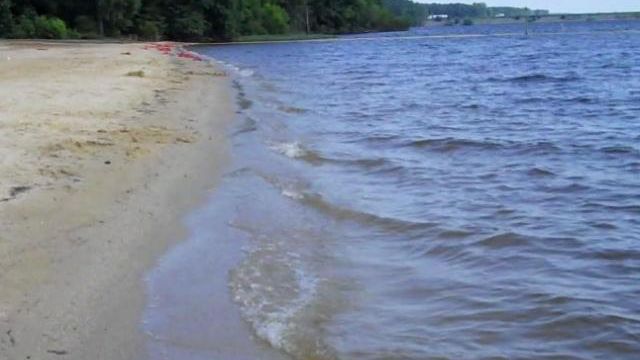Jordan Lake pollution gets another experimental treatment in House budget
A year after state environmental regulators called the SolarBees experiment a failure, state lawmakers are trying another unproven method to control pollution in Jordan Lake.
Posted — Updated"We’ve found a company here in North Carolina called SePRO that actually has done this in a few smaller lakes and is interested in doing a trial on it," Rep. Larry Yarborough, R-Person, said during a Thursday night budget debate while defending the provision.
SePRO, which has a research and development unit in the Nash County town of Whitakers, has a very powerful lobbyist in Harold Brubaker, a former Republican House speaker.
In a Dec. 6 email, John Evans, who at the time was chief deputy secretary of DEQ, told colleagues that Brubaker said lawmakers "would take funds" from the agency if it didn't sign a contract with SePRO.
Last year's budget gave DEQ the option of trying a chemical solution for Jordan Lake's intractable pollution problems, but scientists were skeptical of the potential.
"I told him [Brubaker] DEQ would do exactly what we said we would do, and that is let our technical folks evaluate, and if there is merit, we would enter contract with caveat pending Corps approval," Evans wrote in the email. "We have to let science drive these decisions."
The Army Corps of Engineers oversees Jordan Lake and its dam and would have to sign off on any treatment put into the lake.
Brubaker said in an email to WRAL News that Evans' "recollection of the conversation is a misrepresentation."
"The only way we’re going to clean up Jordan lake and Falls Lake is to prevent the upstream pollution. That’s the only way, and we continue to delay those rules that would effectuate that," Harrison said.
She criticized the chemical proposal as potentially toxic, saying the algaecide and the phosphorus-locking treatments "have public health and environmental risks."
Jordan Lake is a source of drinking water for more than 300,000 people in central North Carolina.
"You all will remember we spent $1.65 million on the failed SolarBee project. I believe this is looking at another waste of taxpayer money and also might further harm the lake," Harrison said.
Yarborough called the Jordan Lake Rules "draconian" and said SePRO should be given a chance to see if its chemicals, which are approved by the U.S. Environmental Protection Agency for use in drinking water sources, work.
"I’m pretty excited about this technology, and I appreciate the support of this body in doing what we can to use what’s available to clean up these lakes as well as solve the immense burden on the communities that are suffering from these rules," he said.
The House and the Senate must still negotiate a compromise budget, so the provision might not make it into the final 2017-18 spending plan.
DEQ spokesman Jamie Kritzer said the agency is ready to move forward with a trial of the chemicals.
"We consider any steps to protect, restore and improve water quality in North Carolina to be a top priority," Kritzer said in an email to WRAL News.
Related Topics
• Credits
Copyright 2024 by Capitol Broadcasting Company. All rights reserved. This material may not be published, broadcast, rewritten or redistributed.






